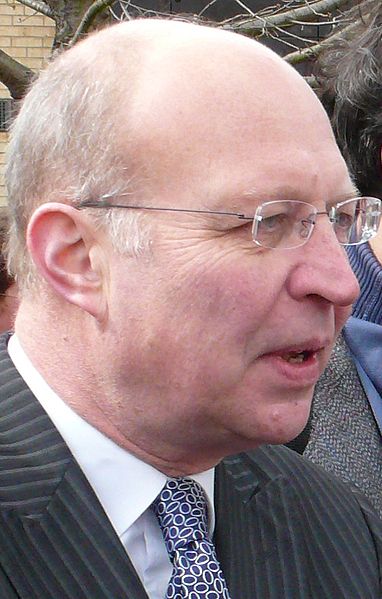 The Constitutional Affairs Committee of the European Parliament yesterday backed Andrew Duff‘s report (PDF here) that proposes reforms to the way MEPs are elected. Most controversial is the proposal to create a Europe-wide list of 25 MEPs, essentially a transnational list, that would give European Parliament elections a truly transnational flavour. Duff’s argument is this would make European political parties become proper campaigning bodies, and the party that wins the elections would then nominate the President of the European Commission.
The Constitutional Affairs Committee of the European Parliament yesterday backed Andrew Duff‘s report (PDF here) that proposes reforms to the way MEPs are elected. Most controversial is the proposal to create a Europe-wide list of 25 MEPs, essentially a transnational list, that would give European Parliament elections a truly transnational flavour. Duff’s argument is this would make European political parties become proper campaigning bodies, and the party that wins the elections would then nominate the President of the European Commission.
It strikes me there are two major problems with this.
First of all, it takes the traditional EU approach to solving problems, namely that you make a legalistic change, and political consequences flow from that. The real issue here is a lack of leadership – the European political parties could have linked the EP results to the Commission Presidency before, but dithered. The problem with legal first, leadership second, is it generates a counter-reaction – that change is being ‘foisted upon’ people (see Ashley Fox’s comments at the bottom of this Euractiv story).
Secondly, to make this change happen requires a change to the Treaty on European Union (Treaty of Lisbon). Not only does that need the unanimous approval of all EU Member States, but it would also surely trigger the UK’s referendum lock. That means the chances these proposals see the light of day are slim to none.
Don’t get me wrong – there is plenty of room for improvement in the way the EP functions – but Treaty-driven change is not the way forward just now. Duff and other advocates of genuine transnational democracy would do better to focus lobby efforts on the European political parties (backing initiatives like the PES Primary), and to push for Member States to use open lists to choose their MEPs, hence improving the quality of representation.
March 30, 2008 via Wikipedia, Creative Commons Attribution








I tend to agree with you. It is not only regrettable that necessary changes are being driven by the institutions / by legal changes, but also that Duff and the Parliament are making everything to launch a losing battle, by insisting that treaties be revised.
But at the same time, if European parties haven’t done anything since 1994 to have their own “presidential candidates”, I don’t see why they should change their mind in 2014. I’d like to be more optimistic, but we’ve already been fooled so many times. Should I remind that the only official alternative to Barroso in 2009 was Duncan Ganley?
As you said, the Europe-wide lists could be created without a reform of the treaties, if Duff didn’t persist to increase the number of seats.
Besides, the Parliament could encourage or force European political parties to nominate their candidates for Commission president through a mere legislative change (simple codecision), by including a specific provision in a EU regulation from 2003. This would not require any treaty change, any ratification, but just a legislative proposal.
And I don’t think that it will be deemed illegitimate.